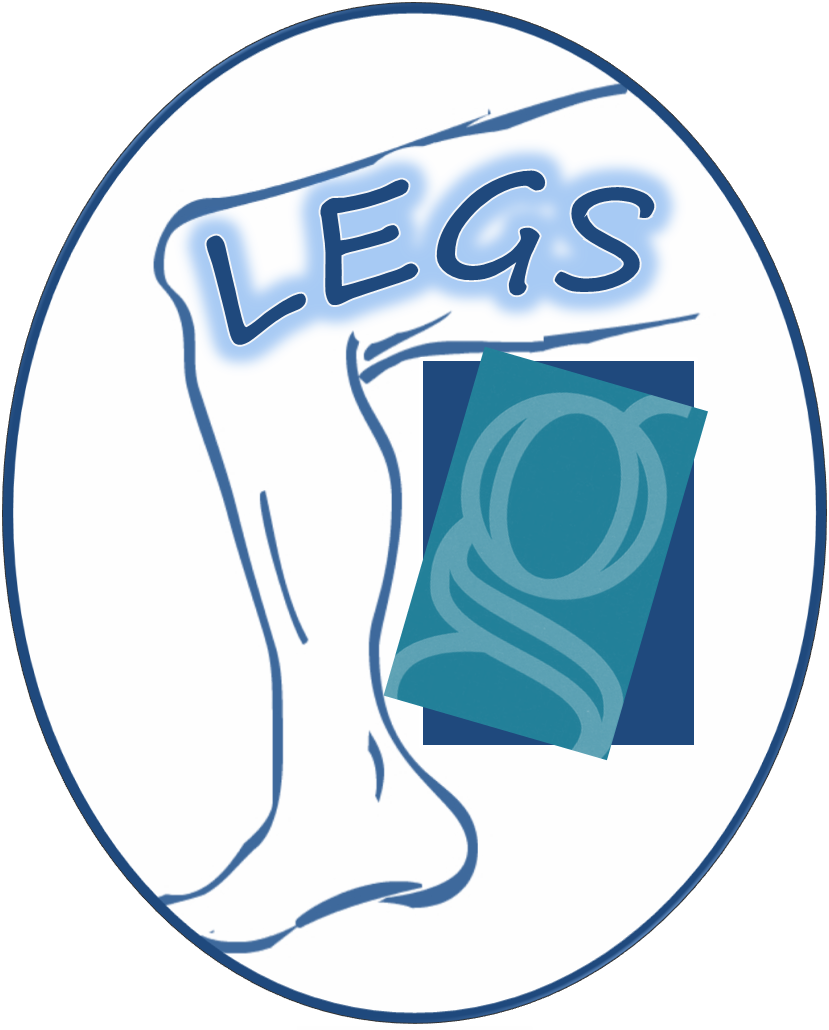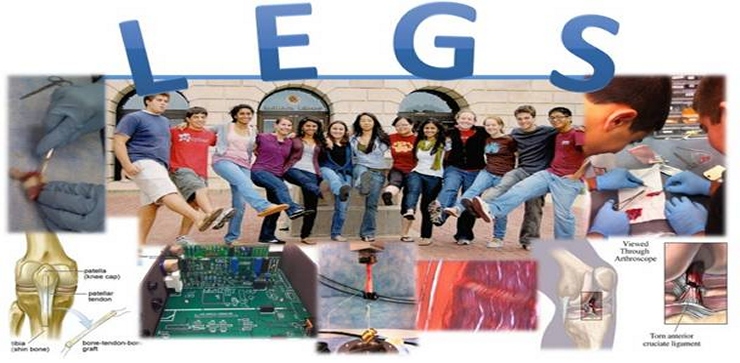|
|



Our research hopes to understand the effect of tensile strength loss on collagen organization in anterior cruciate ligament (ACL) grafts during continuous passive knee motion (CPM). We will investigate the correlation between morphological differences, specifically crimping patterns, in the bone-patella-tendon-bone, hamstring, and ACL grafts, with their biomechanical performance under CPM. We hypothesize that the microstructural organization of collagen is related to the rates of tension loss among grafts. Collagen organization will be assessed by both invasive and non-invasive imaging methods. We expect grafts with more extensive crimping to maintain tension due to a greater ability to endure mechanical stress. Grafts with excess laxity after CPM are expected express a marked difference in morphology, such as an increase in the crimp top angle and base lengths, indicating crimp elongation while grafts that retain their tensile strength are expected to show no severe changes in morphology. Please refer to the following documents for more information about our team's progress: Spring 2010 Thesis Proposal - Thesis Spring 2010 Thesis Defense Presentation - Presentation Any questions for the team can be made directly with: TeamLEGS For questions or comments, contact web liaison |

Welcome to the website for Team LEGS, part of the Gemstone Research Program at University of Maryland. Clockwise from Top Left: Kelley H. removes tendon; Group Shot; Joey H. and Ben prepare sample for tension test; Anterior cruciate ligament injury; 400X rat tendon imaged for crimp pattern; Tension calibration trial; Tension transducer; Anterior cruciate ligament grafts. |


